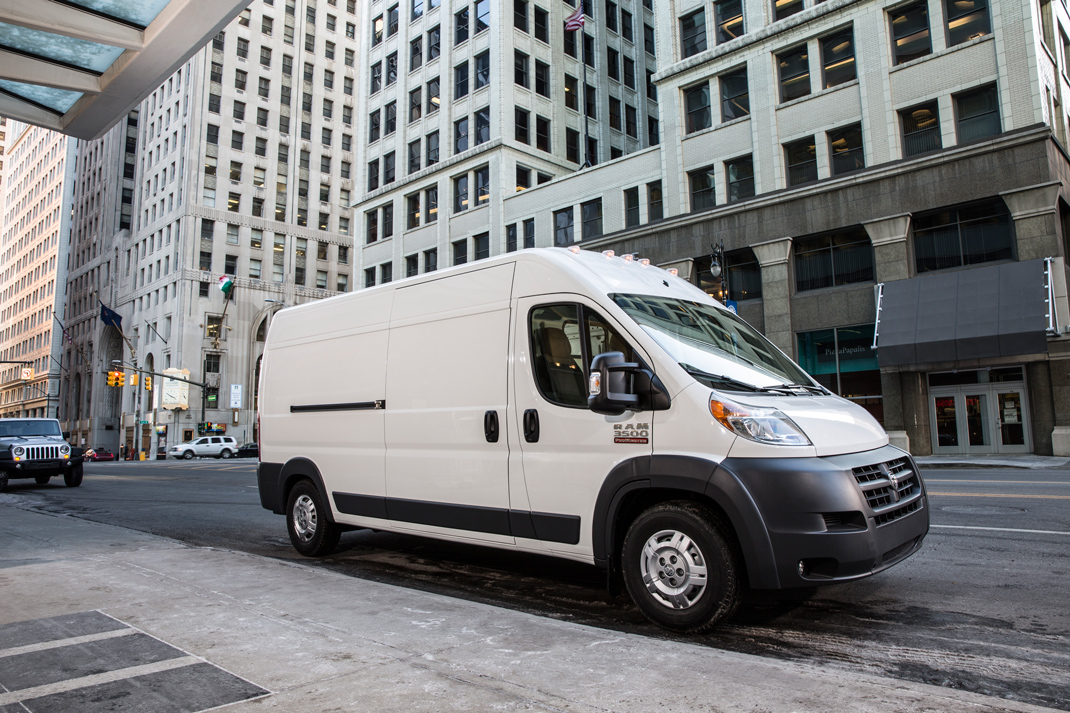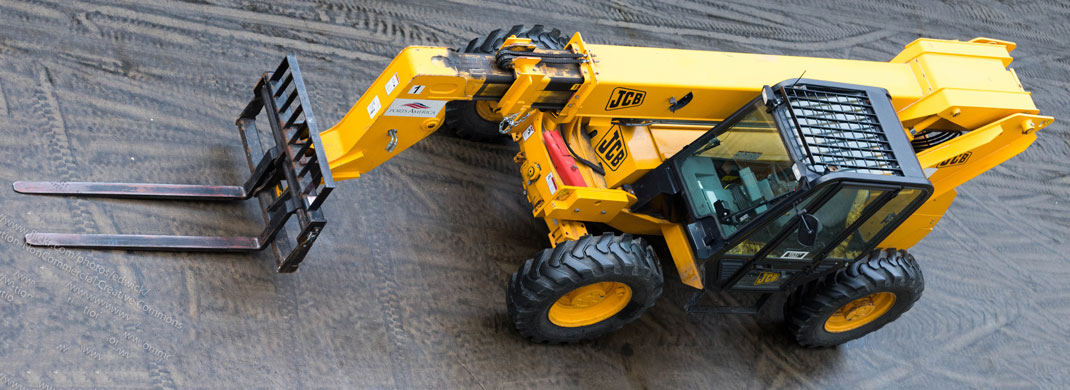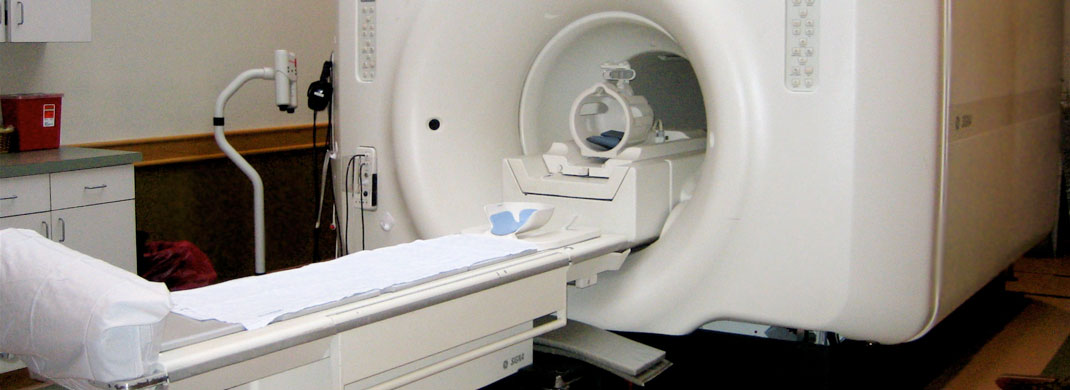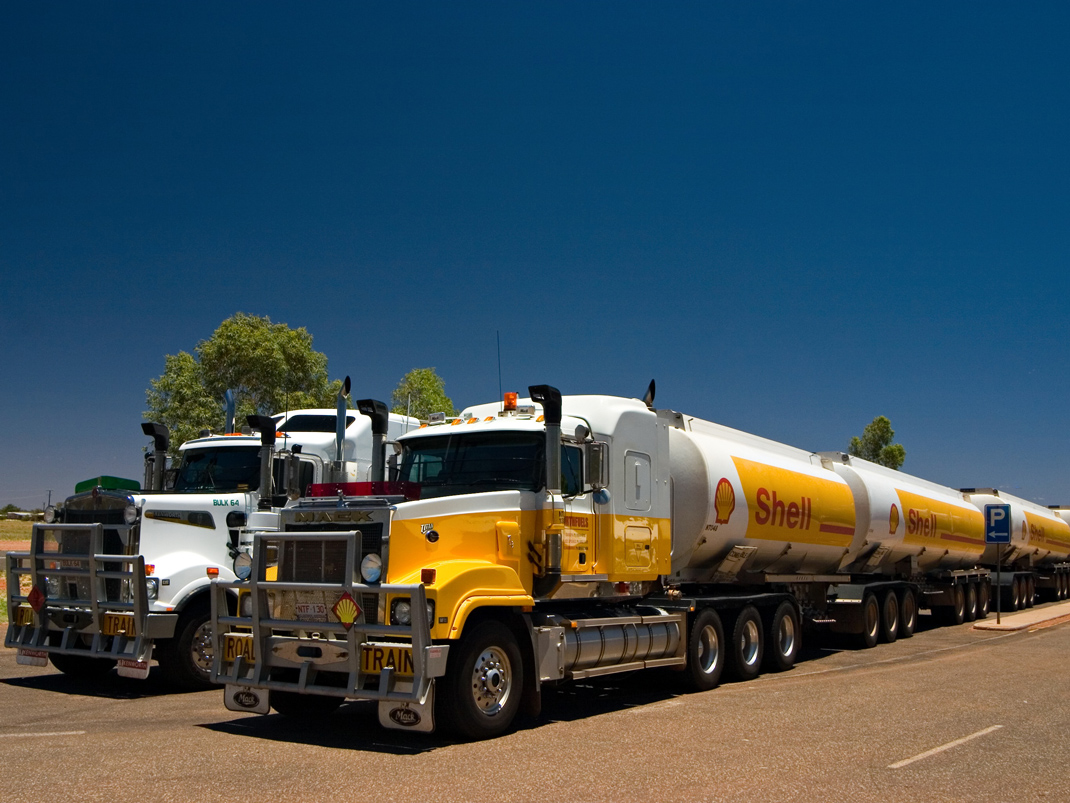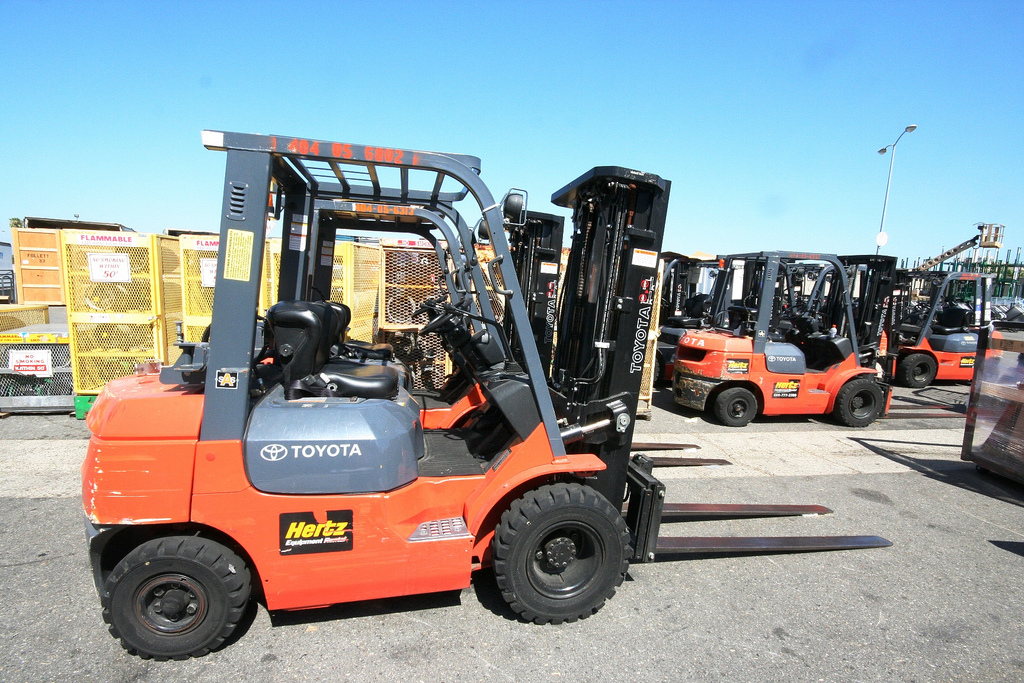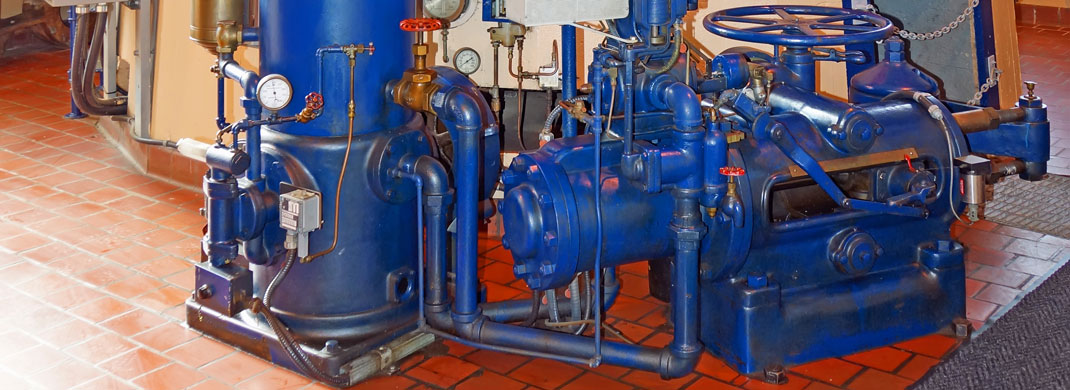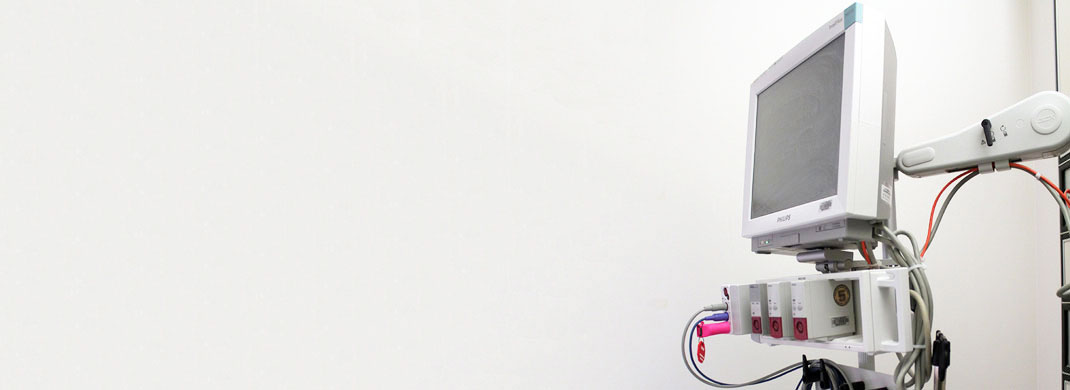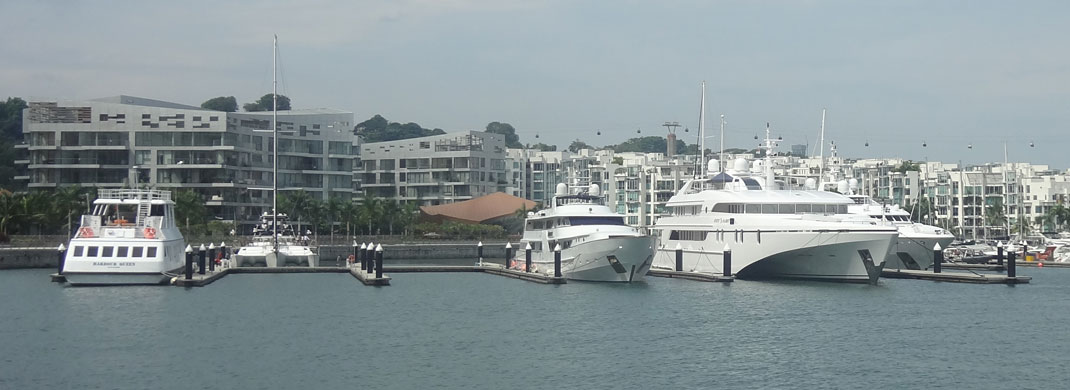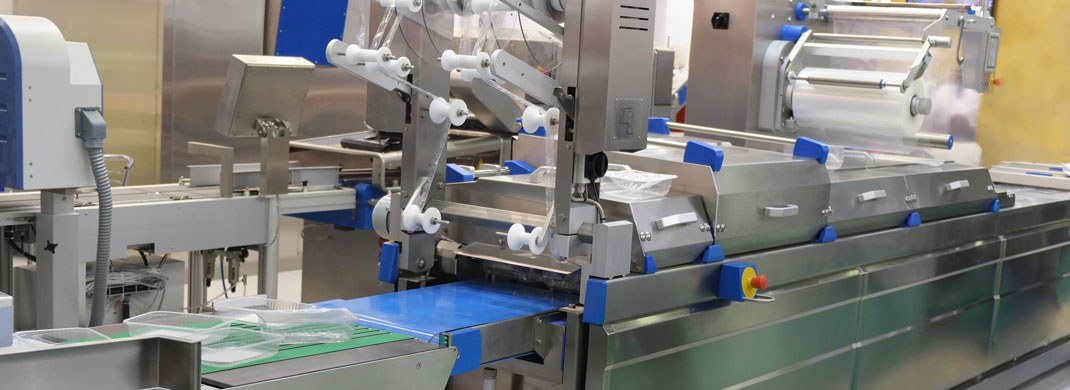Global Capital Finance is involved in equipment finance broking for all types of plant and equipment, motor vehicles (business use), commercial vans, trucks, prime movers, IT equipment (including and not limited to office and shop fit-out), small aircraft, boats/vessels, can be financed via:
- finance lease
- commercial hire purchase
- operating lease/rental finance
- lease &/or commercial hire purchase escrow
- novated lease
- chattel mortgage
- revolving limit
Leasing is an accepted and well-established form of equipment financing enabling many businesses to access equipment and technology which may not have been available through more traditional forms of finance.
This non-equity form of financing preserves the cash resources of a business and in the case of some types of leased asset, protects the business from technological obsolescence. The principal feature of a lease is that there is separation of ownership and use of the leased asset. A lease may be defined as a finance agreement which provides the lessee the right, for a stated period of time, to use property owned by the lessor (Financier), in return for a series of payments (lease rentals) by the lessee to the lessor. The lessee has possession and use of the property for the term of the lease, in consideration for which the lessee makes the lease payments to the lessor. The lessor retains legal ownership receiving all lease payments under the agreement and is entitled to the return of the property which is the subject of the lease.
The lease Agreement normally has provision for a predetermined Residual Value which must be satisfied at the end of the lease term. At the end of the lease, the client may wish to re-lease the transaction for a further term rather than satisfy his/her obligations with regards to the Residual Value. Standard credit approval procedures apply to the re-lease.
What are the principal advantages of finance lease?
- PRESERVE CASH FLOW – finance is generally for the full price of the asset.
- FIXED COST CONTRACT – allows the lessee to budget exactly for the Fixed Rental Payments and also provides a hedge against inflation and rising interest rates.
- FLEXIBILITY OF PAYMENT – the Rental Payments over the term of the agreement between lessee and lessor can be tailored to fit particular income streams. This is an advantage to business with a high level of seasonal income.
- TAXATION – provided the asset is used fully to generate assessable income, rental payments are generally deductible from pre-tax earnings. However, independent taxation advice should be sought on this matter. Also, there is no GST payable on the initial asset purchase. GST is payable on the rental payments over the life of the contract and on the residual amount. If you hold an ABN you may be able to claim the GST as an Input Tax Credit (ITC) each month or quarter. Please also seek independent taxation advice on all GST related issues.
- OTHER CREDIT FACILITIES UNAFFECTED – you may have a range of credit lines available including unused banking facilities for working capital or other investments needs. Arranging a finance lease with your bank could however limit the use of banking facilities.
TAXATION CONSIDERATIONS – there may be more advantage to the lessee in owning the asset and claiming depreciation where the goods attract a higher than normal rate. In such circumstances the Commercial Hire Purchase finance package may be more appropriate in a particular circumstance (more reading on this below). Always seek your Accountant’s opinion for all tax related matters.
Commercial Hire Purchase possesses similarities to a finance lease in that substantially all the risk and benefits relating to ownership reside with the hirer.
Under Commercial Hire Purchase, the hirer contracts to pay hire charges for a fixed period at the end of which the legal title to the asset/equipment passes to the hirer. Until all the hire charges have been paid, legal title remains with the owner (Financier).
Financiers provide various types of Hire Purchase Repayment options, such as:
- Equal Rentals is the standard form of calculation and provides for equal monthly rental instalments in advance or arrears.
- Seasonal Rentals cover many varied structures which can be designed so that rental instalments are payable to any nominated interval during the term to suit a client’s particular need or pay this amount and take full possession and ownership of the goods.
Taxation Benefits
Under a Commercial Hire Purchase arrangement the Hirer is entitled to claim depreciation on business use equipment at the allowable rate set down by the Commissioner of Taxation together with any term charges paid. This is on the basis that the goods earn assessable income. GST is payable only on the initial asset purchase and can be included in the amount financed. If you hold an ABN and you account on a cash basis GST is amortised over the life of the contract and you may be able to claim an Input Tax Credit (ITC) each month or quarter. If you hold an ABN and account on an accrual basis you may be able to claim GST upfront on the first day of hire; and as such no GST is payable on the repayments, balloon payment, or term charges. However for all taxation related matters please obtain an independent Taxation advice.
Under a rental operating lease agreement the lessor (financier) retains substantially all the risks and benefits incidental to ownership of the lease property/asset. Generally the term of the lease is for a period less than the effective life of the property/asset.
Typically, these types of finance do not incorporate a residual value liability for the lessee (the end user/borrower). Rather, the lessor makes its own evaluation as to the market value of the property at the end of the lease term and operating rentals are struck accordingly. The residual value risk with respect to the equipment is thus assumed by the lessor. Operating Leases and Rental Agreements are non-cancellable (unless negotiated otherwise).
What are the advantages of an Operating Lease?
- Ownership – no ownership rights rests with the User. At the end of the contract the goods are returned to the Financier. The Financier may however be prepared to extend the contract for a further period.
- Taxation – generally lease rental payments are fully tax deductible. However independent taxation advice should be sought on this matter.
- Protection against Obsolescence – equipment can be replaced at the end of the lease term with the latest technology without the cost of disposal of existing equipment.
- Balance Sheet Implications – it is recommended that you consult your accountant when considering the Balance Sheet implications of an operating lease or rental agreement. Accounting Standard AA17 determines the guidelines in relation to this issue. Please also consult to your Accountant for all GST related issues as well.
A Chattel Mortgage is an agreement whereby the Borrower allows the lender to take a legal charge over goods to secure due performance of an advance made to the borrower. Title to the goods remains with the borrower.
The charge document remains with the lender until such time as repayment of the advance has been made by the payment of predetermined instalments. A Bill of sale or Stock Mortgage operates on the same basis as a Chattel Mortgage.
What are the advantages?
- Deposits – There are no statutory requirements for the lodging of a deposit and advances may be made on a no deposit basis.
- Taxation – The borrower is entitled to claim interest paid and depreciation on the goods.
- Other benefits include budget control, fixed rate lending and capital conservation.
- Repayment structures may be designed to suit the individual needs e.g. business cash flows.
- Repayments may either be in advance or in arrears with the possibility of providing a “Balloon End Payment” structure.
GST is payable only on the initial asset purchase and can be included in the amount financed. If you hold an ABN you may be able to claim GST up front. Please consult your Accountant.
A Lease or Commercial Hire Purchase Escrow facility provides interim finance to allow progress payments on equipment being constructed/installed over a period of months to be made on behalf of the lessee or hirer.
The Lessee or hirer enters into an Escrow Agreement with the lender to lease or hire the goods from the lender at the completion of construction/delivery of the goods. Note: Lease in Escrows is available in all states. A Commercial Hire Purchase in Escrow can be used in NSW, ACT, SA and VIC as they are not governed by a Hire Purchase Act.
How does it work?
The Lessee/Hirer enters into an Escrow agreement with the lender. Under this agreement, the lender will make progress payments for the goods upon receipt of authorisation from the Lessee/Hirer. When the Lessee/Hirer is satisfied with the construction/delivery of the goods, they enter into a standard Lease or Hire Purchase Agreement.
Novated leases only apply to motor vehicles. A Novated lease arrangement is typically a tripartite agreement between three parties, a finance company (Lessor), an employer (Payee) and an employee (Lessee).
The product is applicable to salary packaged motor vehicles and provides for employees to obtain finance by way of a Finance Lease on such equipment. The employer accepts responsibility for payment of the lease rental under the finance lease whilst the lessee remains in the employ of the employer. On completion of the Novated lease period or on termination of the employee’s employment, the responsibilities/liability under the finance lease reverts to the employee. It is possible that motor vehicle fringe benefits tax issues will arise and should be discussed with your Accountant/Employer.
There is no GST payable on the initial asset purchase. GST is payable on the rental payments over the life of the contract and on the residual amount. If the employer holds an ABN you may be able to claim the GST as an Input Tax Credit (ITC) each month or quarter. Please also discuss the GST issue with your Accountant/Employer.
A Revolving Limit or a Bulk Limit is a credit limit which is established for a client against which it can draw funds for the financing of goods under the finance products offered by Lenders, without the need for further approval at the time of each drawdown.
The limit is reviewed on a regular basis, usually annually. A Revolving Limit allows the client to re-draw funds that have been repaid, provided the limit is still current. A Bulk Limit allows the client to draw down the total funds once-only, i.e. funds cannot be redrawn as repayments are made.
Hire Purchase
With a Hire Purchase agreement you gain equity in your aircraft with each monthly rental payment. Repayments can be structured and payable in advance or arrears. Commercial Hire Purchase differs to leasing as the customer gains equity in the asset over the term of the agreement. You can also choose to include balloon payments up to any amount at any time during the rental period, so if you choose to own the aircraft sooner, you can.
Why it makes sense
- Hire Purchase lets you keep cash flow healthy, while you make affordable payments from the additional revenue generated by the use of the aircraft
- Fixed monthly payments let you budget accurately
- You have ownership of the asset at the end of the term
- You can claim interest charges and depreciation to offset costs against taxable profits
Financial Lease
With a finance lease we can arrange the lender to buy the aircraft you want, than rent it back to you for the term of the lease contract, with a predetermined residual value at the end of the lease term.
Why it pays to lease
- Less capital outlay upfront
- Off balance sheet funding
- Monthly payments are usually tax deductible
- Makes better aircraft and equipment more affordable
Secured Loan
If you’re a recreational private buyer who wants to own their boat outright, the Marine Loan is the best way to stop dreaming and start boating.
- All costs, registration and insurance can be included in the loan, helping to manage your outgoings
- Terms range from 1 – 7 years and you can pay monthly or fortnightly
- Interest rates are fixed for the term of the loan, so you are protected from rate rises
Term Purchase Loan
If you intend to use your boat for business purposes, including chartering, the Asset Purchase Loan is probably the most cost-effective option for you.
- All costs, registration and insurance can be included in the loan, helping to manage your outgoings
- Terms range from 1 – 7 years and you can pay monthly or fortnightly
- Interest rates are fixed for the term of the loan, so you are protected from rate rises
- Construction of the vessel followed by a term loan can be arranged. The initial finance is carried out under an agreement to commercial hire purchase on an interest only basis (generally the monthly interest is payable by the borrower during construction unless the credit risk is sufficiently strong to allow capitalization then add-on to term loan) once the project is completed, the agreement to commercial hire purchase is changed to an amortising commercial hire purchase agreement up to a maximum term of seven years. In these circumstances the lender may wish to undertake a separate feasibility assessment on the business viability/experience of the boat builder
- Your business related expenses may be tax deductible – and you still own the boat at the end of the loan term
Very experienced in financing above ground and underground mining contracting equipment from dump trucks, scrapers, excavators, dozers, drill rigs, continuous miner tunnel scrapers and, more.
Types of finance available are – finance and operating leases, commercial hire purchase and chattel mortgage.



